26 Questions To ALWAYS Ask A Contractor Before Hiring Them
Check your contractor’s credentials

Finding a contractor with availability may feel like an impossible task, but before you rush into signing a contract, follow our steps to ensure your tradespeople are up to the job, trustworthy and will deliver what they say they will on time and within budget.
Click or scroll for the essential questions to ask your contractor before committing your time and money...
What experience do you have with my kind of project?
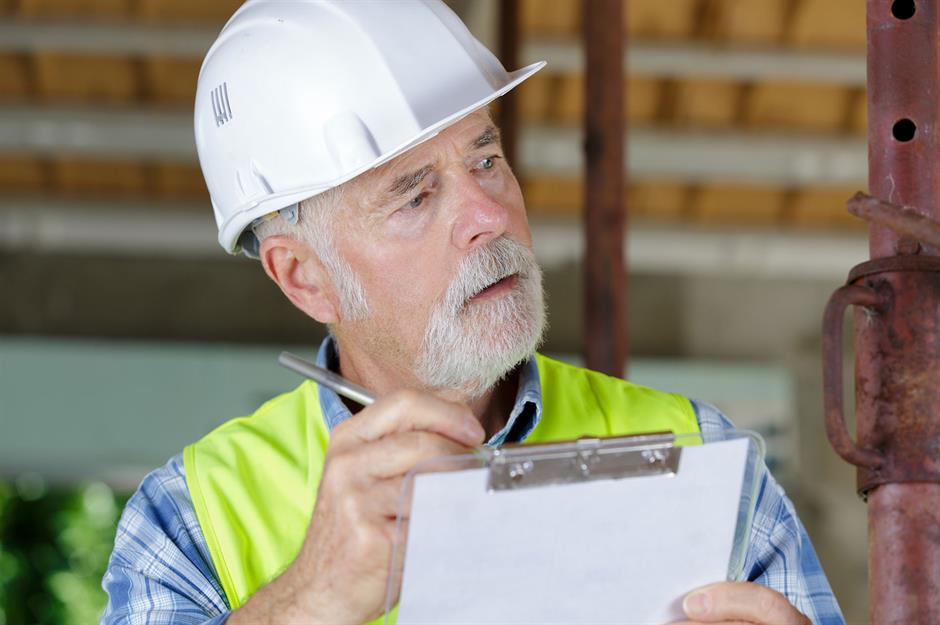
You wouldn’t employ someone to work in an office without asking them about their experience, so while it may seem like overkill to ask for a résumé, asking some questions about your contractor’s background is essential.
Find out how many years they’ve been trading and what specific experience they have that relates to the work you want to do. For example, if you're planning to convert your attic, look for a contractor who specialises in loft conversions.
Do you have references and reviews?

While checking third-party review sites are all very useful, you can’t beat a more personal testimonial. This can include local forums, friends and family or speak to nearby homeowners who have had similar works carried out and are happy to recommend their contractor.
Can I see photos of finished projects?
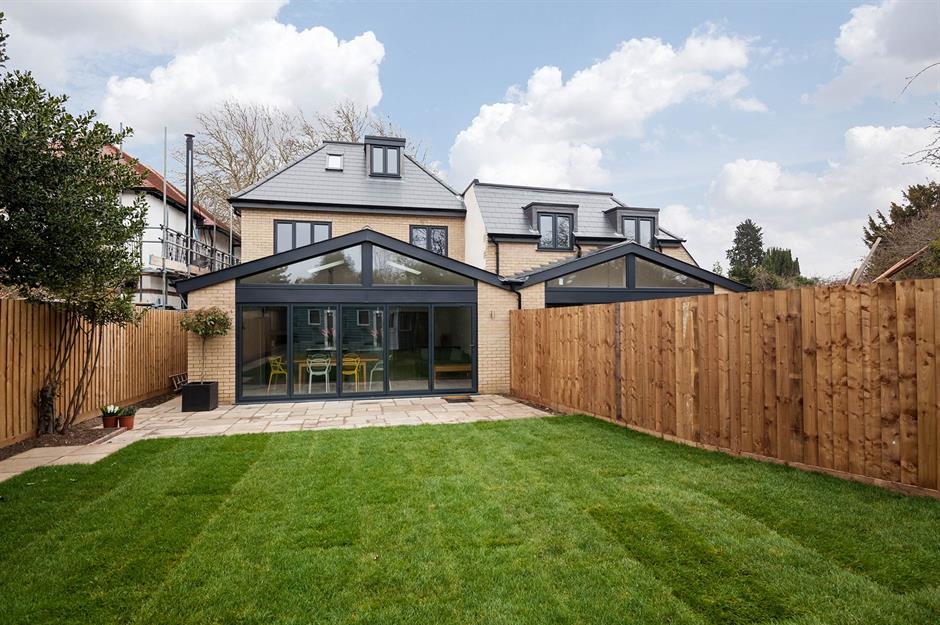
A good contractor will be only too happy to show off examples of past works. This will not only be a chance to assess the finished project for style, quality and finish, but it also demonstrates that the contractor takes pride in their work, which is extremely important.
Are you accredited?

You don’t need specific qualifications to call yourself a contractor, but belonging to a trade association such as Associated Builders & Contractors (ABC) or the American Institute of Constructors (AIC) lends a certain gravitas.
Ufuk Bahar of Urbanist Architecture, says trade associations are “a good way to share new information about practices, policies, and other things specific to that industry.” Oh, and don’t take their word for it – get them to show you or check with the association.
Do you have insurance cover?
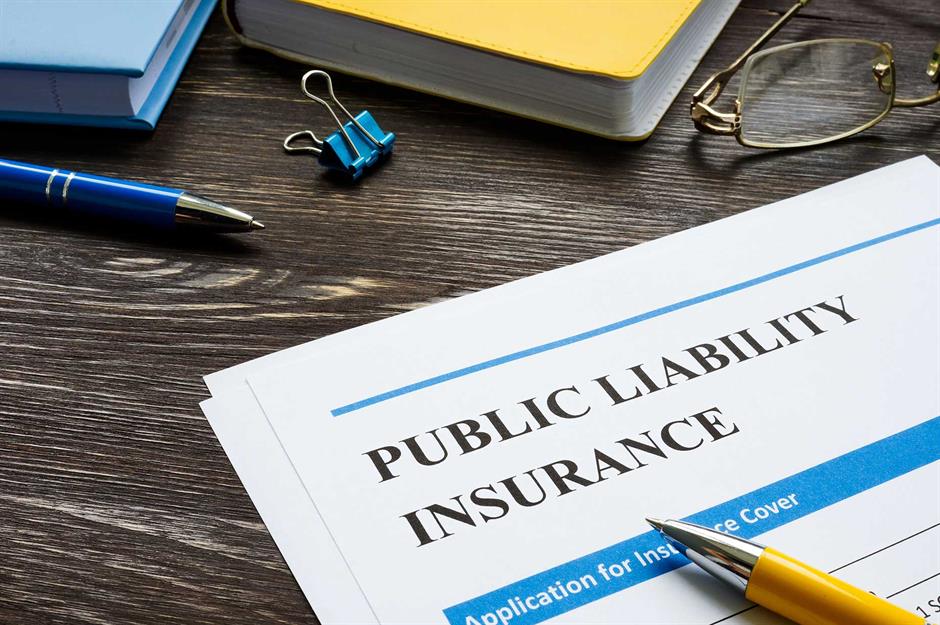
"Even if your builder comes highly recommended and you’ve been impressed by other jobs they’ve done, projects can sometimes go wrong," explains Helen Phipps at Compare the Market. "It's essential the builder you hire has the right insurance for the job."
As a bare minimum, this should include general liability insurance but also ideally builder's risk insurance and possibly professional liability insurance for designer-builders. Always ask to see certificates as proof of insurance before work begins.
Do you work with an architect?

If you are planning an extension or other extensive works then you might find it easier to employ a contractor who works with their own architect so you don’t have to source one separately.
A good architect will propose solutions and develop your brief so that it reflects your aspirations. They will also help you prepare the appropriate applications for your local planning and zoning department.
Do you have a registered gas engineer and electrician on your team?
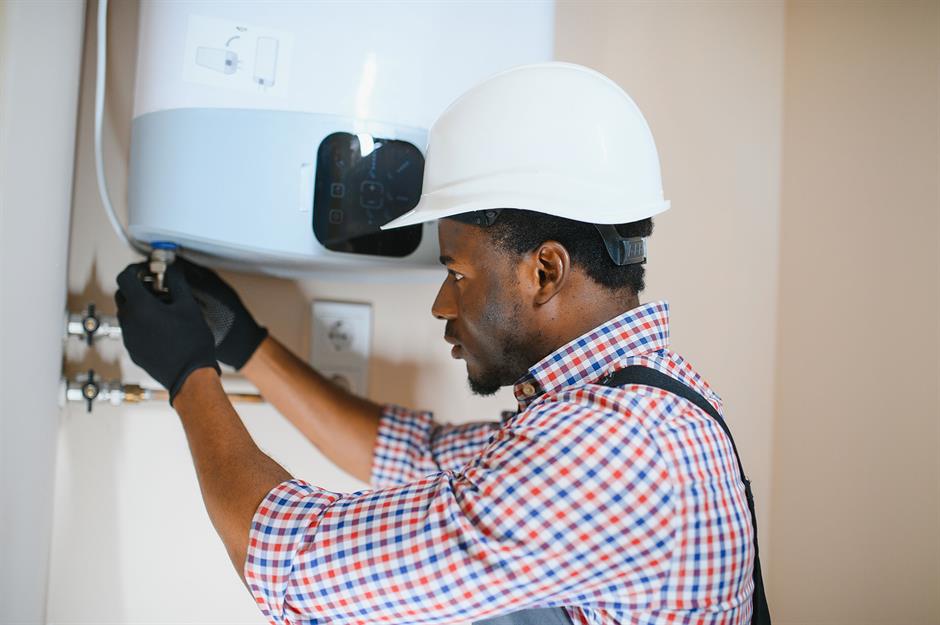
It’s not unusual for contractors to sub-contract on bigger projects, but to keep your project on schedule it is convenient if they already have essential specialists like electricians and gas engineers on their team or at least have people they work with regularly. Sourcing and project managing additional trades yourself may result in extra time, money and stress.
Will you submit permission applications on my behalf?

If you need to obtain permissions for development, it can seem like a minefield to the uninitiated, so it’s worth asking if the contractor – or their architect – will submit any relevant applications on your behalf to take the stress out of it for you. The application will be prescribed by your local planning and zoning authority and varies among localities.
Who will manage the build?

If your build project requires lots of different tradespeople, then you may find it easier to enlist the services of a site manager who can communicate with architects, local authorities and the different trades to ensure everything happens when it should.
Your contractor may be happy to take on this role or they might request you hire a third party, which will incur an extra cost. If this is the case and you are on a tight budget, you may prefer to project manage the build yourself.
What stages will work get signed off and by whom?
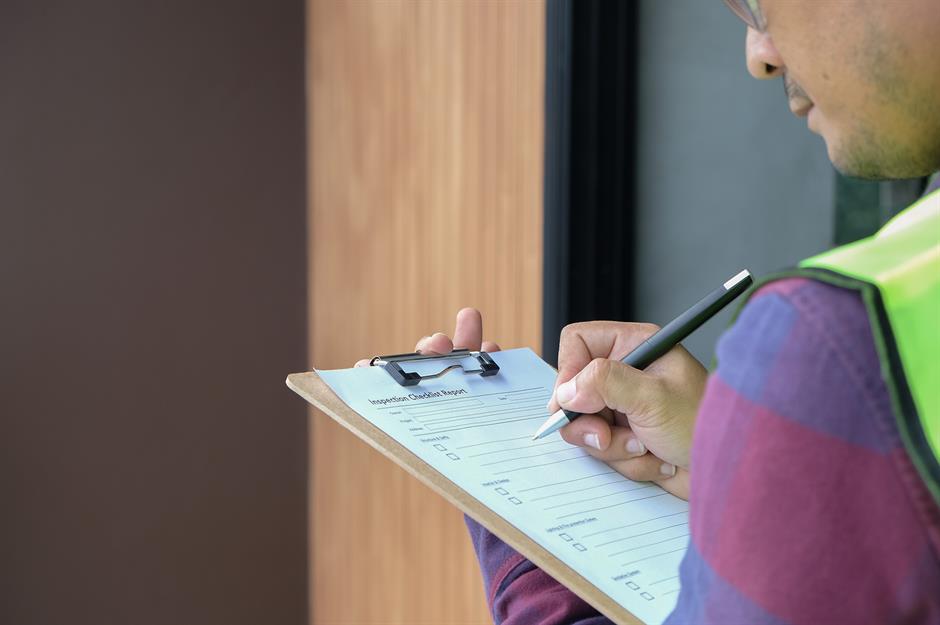
A planning and zoning professional will need to view your work in progress at several stages to ensure it complies with local building codes and construction standards, which differ from state to state. Agree on who will be in charge of booking inspections at the start and try to meet with department officials alongside your contractor for peace of mind that everything complies.
What will I need to do throughout the build?
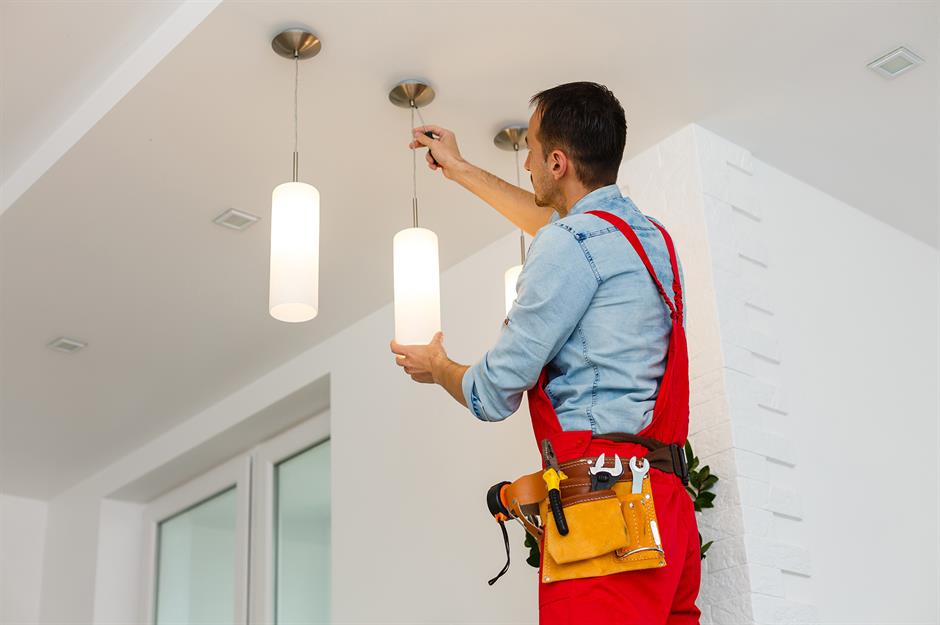
If you decide not to project manage the build yourself or you move out during the work, it’s a good idea to check with your contractor what they’ll need from you and when throughout the process. Decisions such as positions of lighting and power sockets will need to be made as you go along, so you’ll need to be available for these key stages.
Do you offer a guarantee of your work?
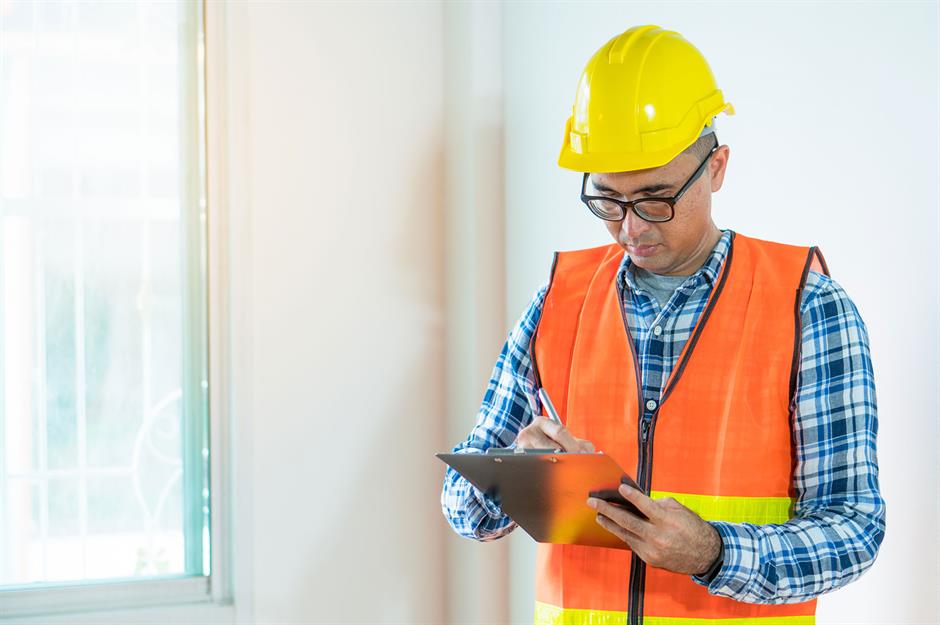
Any contractor worth their salt should guarantee their work and if they won’t, it's a red flag. According to Laws101, "Construction contracts usually have a call-back warranty that details the duration during which a property owner can “call back” a builder to rectify any work that may not have been done correctly. In most cases, the call-back period is usually one year, although different contracts may specify longer or shorter durations."
Is your price an estimate or quotation?
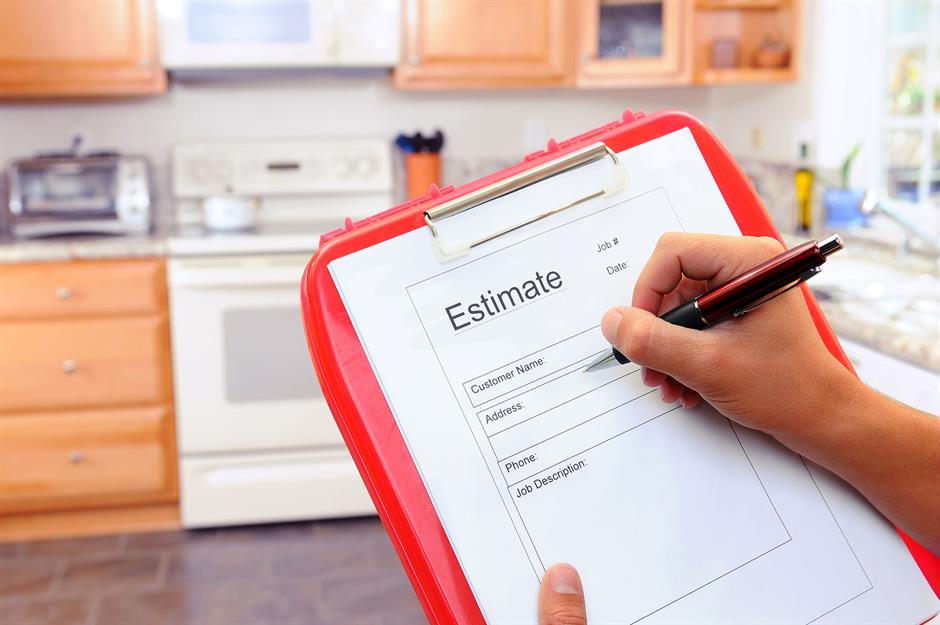
The terms 'quote' and 'estimate' can easily be mistaken for the same thing, but don't be caught out. While an estimate is a rough estimation of how much a project might cost, a quote should be a fixed total.
While there will likely be unforeseen factors that may require extra work or materials, it's important you can budget for as close to the final cost as possible before work begins. One way to do this is with an itemised quote that lists everything from materials to labour.
Which? recommends getting at least three quotes for your job and always insisting on a site visit.
What are your payment terms?

Nobody likes to talk about money but it's imperative that you agree on payment terms in advance. It's a sensible idea to set out a schedule of staged payments and alarm bells should ring if you’re asked to pay a big deposit – over 25% – or cash up front. Make sure you get a receipt for every payment.
Do you anticipate any problems?
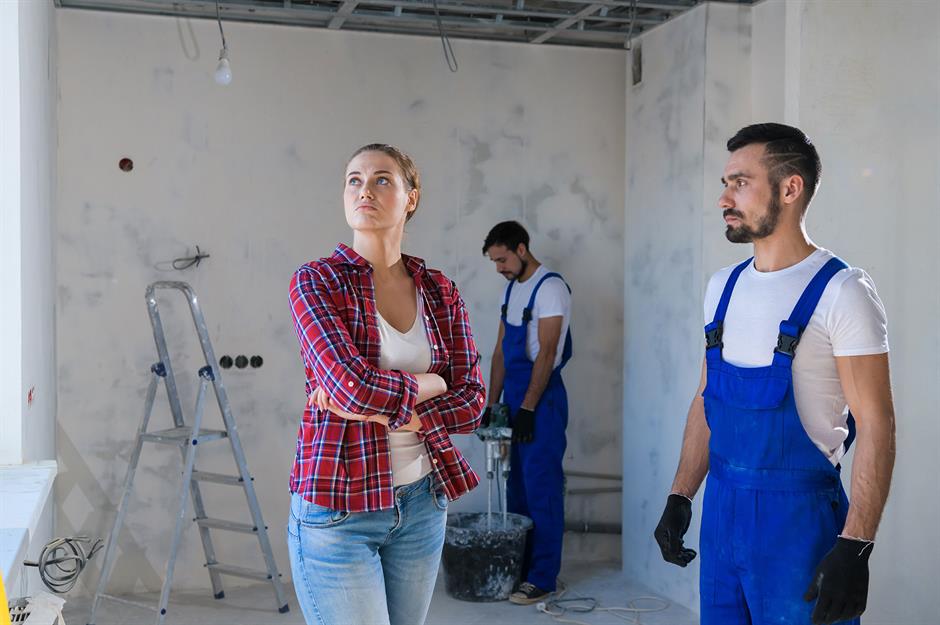
While your contractor doesn’t have a crystal ball, the chances are they have a lot more experience in jobs like this than you do, so ask up front if they anticipate any potential problems, such as having to move water pipes, electrical cables or dealing with damp issues.
Try to set some money aside in your budget to cover these eventualities. Velux suggests 20% over the estimated cost to allow for a contingency fund.
Will you remove all garbage from site?
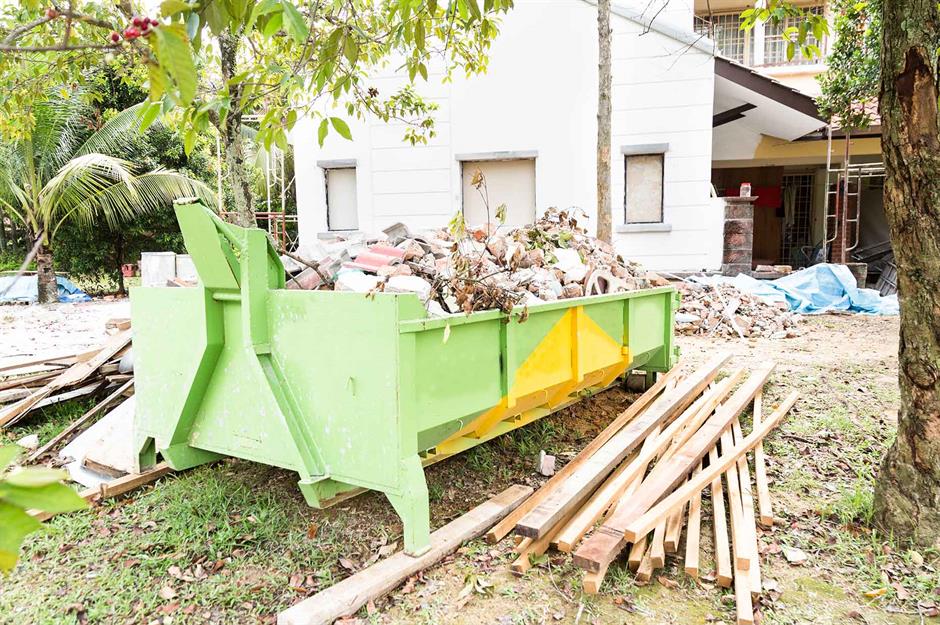
Knocking down walls, removing old kitchens and bathrooms, and digging for new foundations all create a lot of mess and though it may seem obvious, it’s worth making sure that your contractor knows that you expect them to get rid of it all as part of the job.
Usually, this will involve organizing a dumpster to take debris away and your contractor should include this cost in the quote. When the job is finished, make sure they organize for the dumpster to be collected and that the site is left tidy.
How will you protect my property during work?
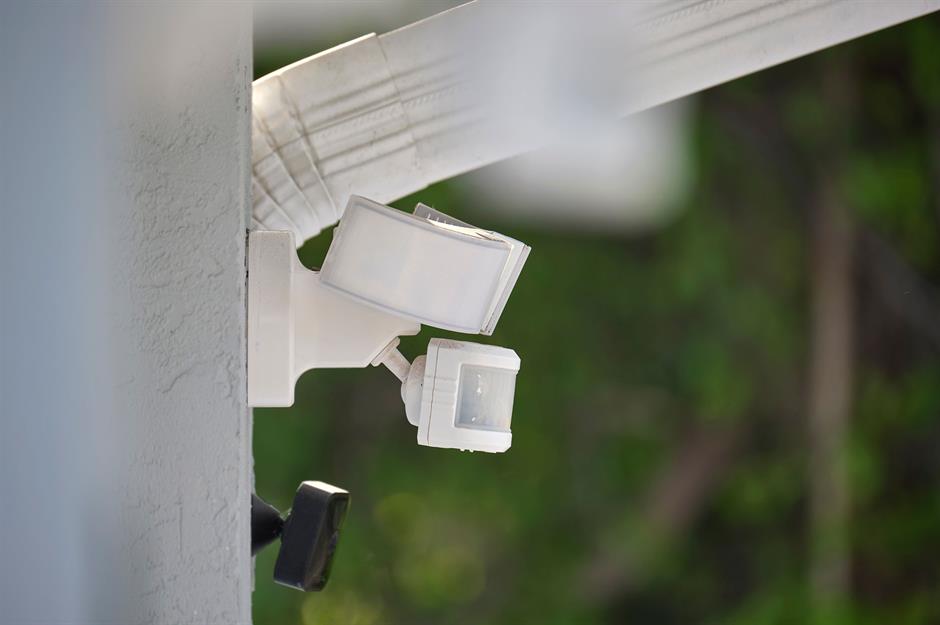
While it's inevitable that building works will create lots of dust and dirt, a good contractor will do the right prep work to ensure the impact on your home is minimal. This will include using adequate coverings or perhaps even building a temporary partition wall to separate your living space from the work.
Some homeowners may want to decamp to a family member’s home or rental property while work is underway. In these cases, you must have a clear understanding from your contractor of how they will secure your property each day to protect you from theft and weather damage. You'll also need to let your insurance company know if your home will no longer be occupied.
Will you leave the property as you found it?
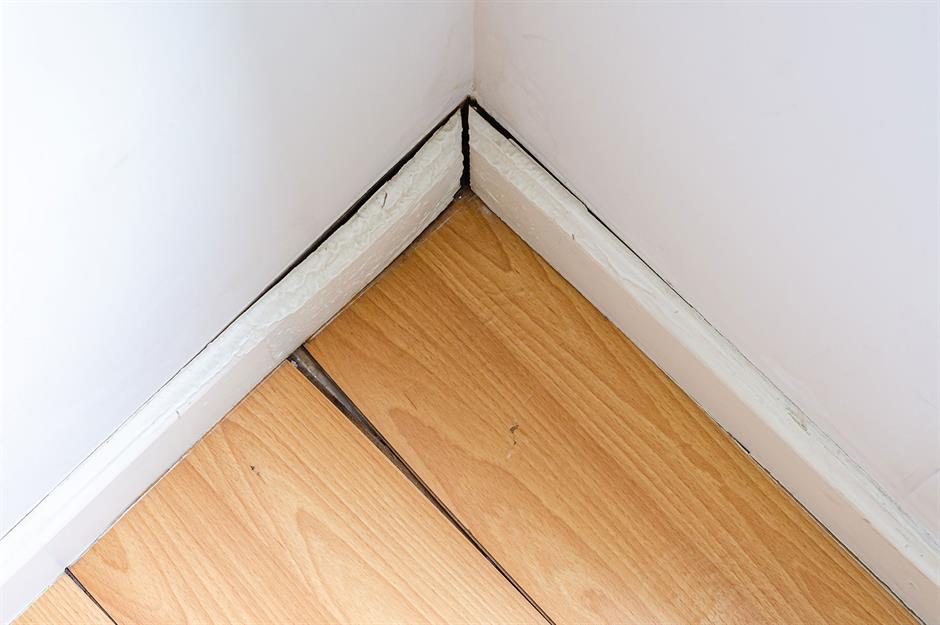
However frustrating it may be, consequential damage to your home is likely to occur, especially when extending. Therefore, it's worth getting in writing how you expect your home and yard to be left at the end and whose responsibility it will be to fix any damage to existing walls and skirting boards, for instance. Access points such as fences and gates may also need to be taken down, so again, make sure you agree on who will be responsible for repairing them.
Will I be left without facilities at any point?
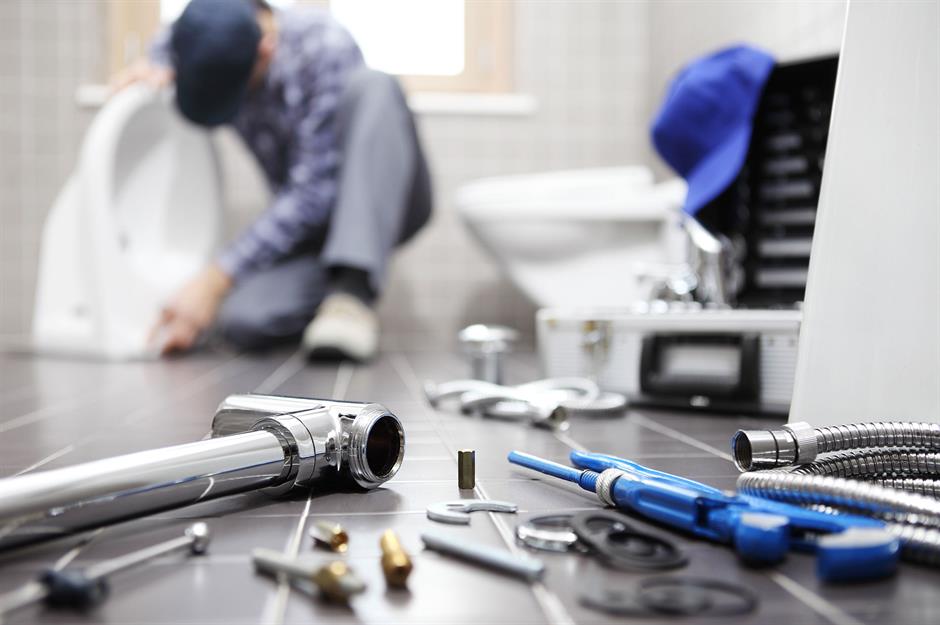
While many of us are resourceful enough to create a makeshift kitchen with a microwave and camping stove for a short period, other facilities are a bit more pressing. A few days without a shower is OK, but no toilet or running water is more of a problem and your contractor should keep any turning off of vital services to a minimum and give you fair warning about them.
How can we deal with changes if things don't go to plan?
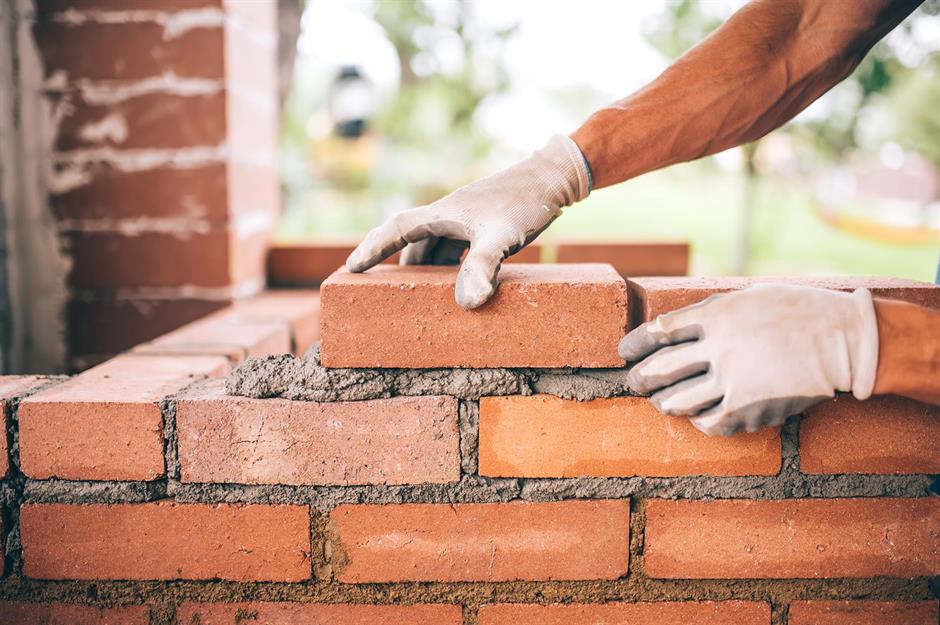
However well-prepared you and your contractor/architect may be, once your renovation is underway, you’ll likely run into obstacles that mean changing your design slightly. Common oversights include structural calculations, foundation issues, hidden pipes or faulty electrics. If this is the case, you need to be confident that your builder will communicate any problems quickly and work with you to find cost-effective solutions.
What hours will you work?
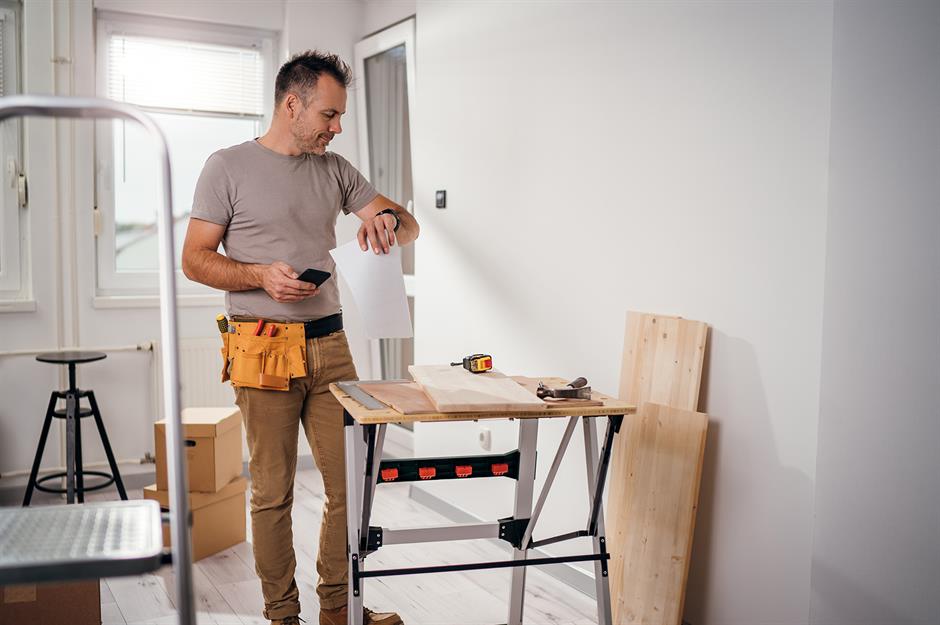
Rules vary between states, however generally, the earliest workmen can start on weekdays is 7am, which is delayed to 9am on weekends, and most work a 40-hour week, according to Zippia.com However, different factors may affect your contractors’ working day, including leaving the site to pick up materials or whether they’re juggling multiple jobs. Ensure your expectations are clear from the start and request they communicate with you if that changes.
How will we communicate throughout the build?
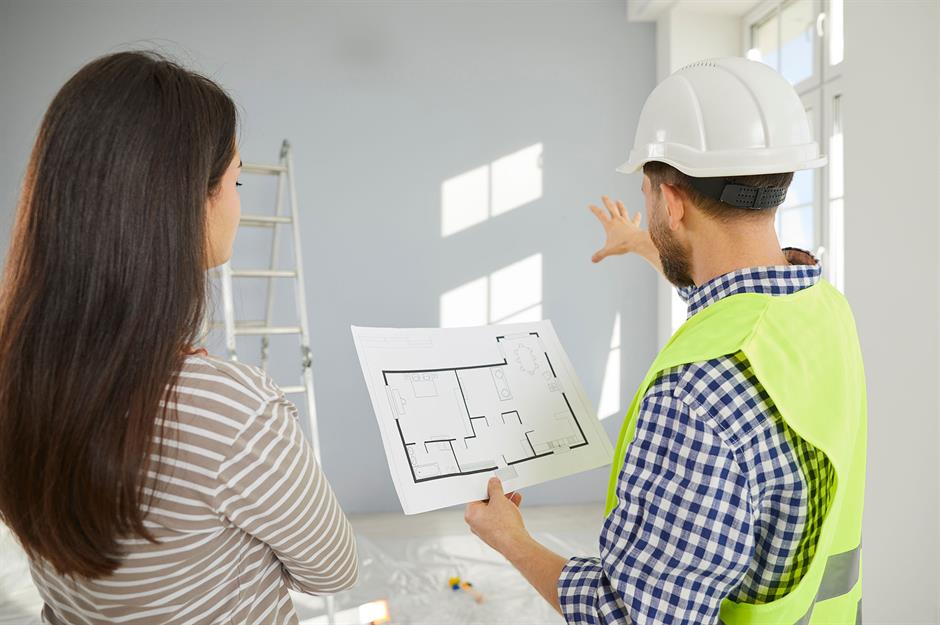
Whether you prefer face-to-face communication or regular cell phone message updates, Velux says this should be “high on your list of questions before hiring a contractor". It advises outlining who your point of contact will be, how regularly you want updates and what you consider to be a reasonable time to respond to queries. It's also worth outlining what the process is if you want to make any changes during the project.
What vehicles will you be using and where will they need to park?

Access can be a big issue when it comes to the ease of a renovation, which unsurprisingly is usually reflected in the cost. Your contractor will likely want to park their van or trailer as close to the site as possible to off-load tools and materials and other trades visiting may have separate vehicles. If you live in an area with restricted parking, you might need to contact the local authority for temporary permits or speak to your neighbors so they don't get irritated if your close turns into Spaghetti Junction.
How long will the work take?
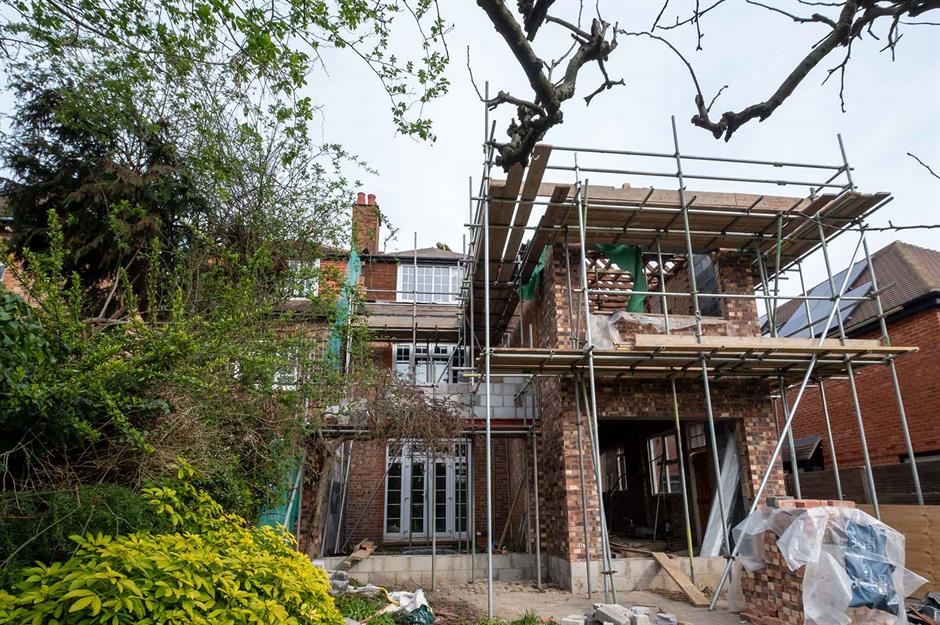
While we’ve all heard of build projects running weeks or months behind schedule, we shouldn’t just assume that's an expected part of renovating.
Ask your contractor to set out a schedule of approximate timings for each stage and allow a reasonable leeway within. Be realistic about things like planning permission, which can take several weeks – that's if your application passes first time.
Can we agree to a contract?
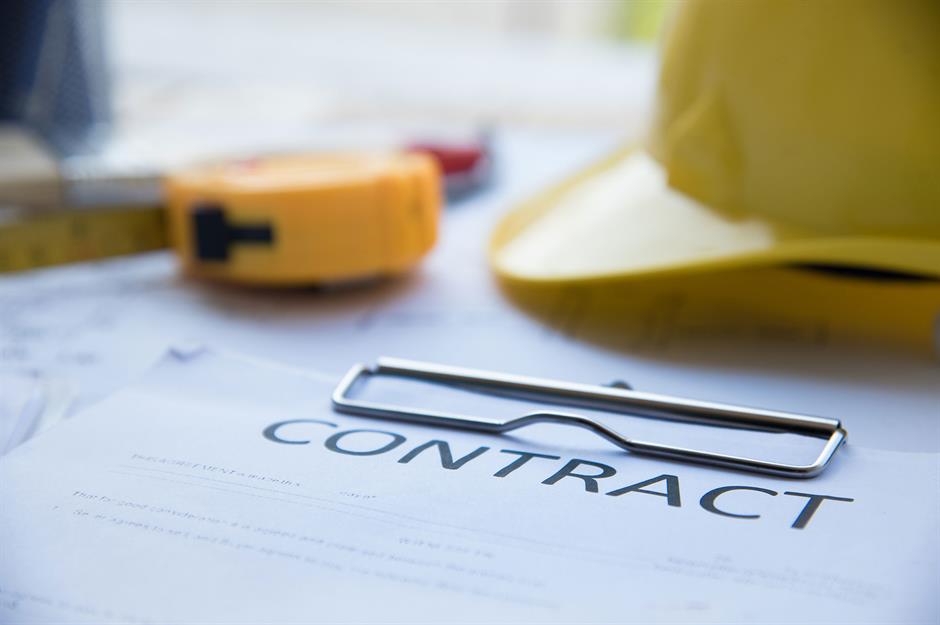
A verbal contract is not good enough when it comes to your home. Jobs that require a lot of work should be underlined with a contract to ensure all you've agreed on is outlined in writing. "US construction projects do not rely on one standard contract form," explains Lexology. "The most commonly used forms are those developed by the American Institute of Architects (AIA) and the American Society of Civil Engineers (ASCE), or are state-specific."
Make sure yours covers things such as what happens in the case of unforeseen circumstances, what you'll do if you’re not happy with the result and whether any penalties are incurred if work runs late.
When can they start?

Even before you’ve decided to go with a certain contractor it’s worth checking their availability to ensure it tallies with your plans. Once you’ve decided to use them, get the start date written into the contract. Ufuk Bahar says: “Try to have some flexibility in your schedule, but don’t allow the contractors to dictate what happens based purely on what’s convenient for them: you’re the boss!”
Liked this? Click on the Follow button above for more great stories from loveMONEY
Comments
Be the first to comment
Do you want to comment on this article? You need to be signed in for this feature